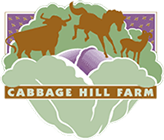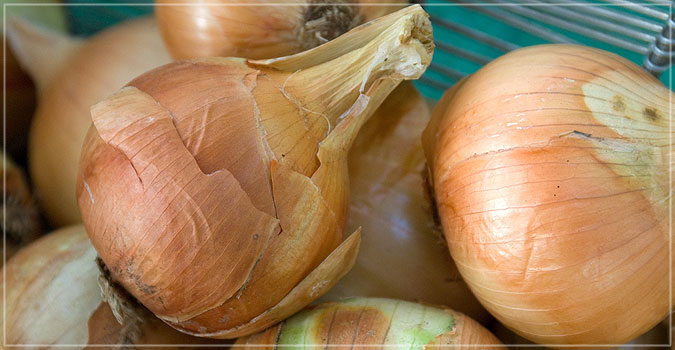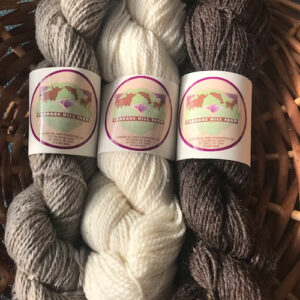Ten Reasons to Buy Local Food
1. Locally grown food is fresher…
Produce flown or trucked in from California, Florida, Chile or Holland is much older. Several studies have shown that the average distance food travels from farm to table is 1,500 miles. In the week (or more) delay from harvest to dinner table, sugars turns to starches, plant cells shrink, and produce loses its vitality. Local food is most likely picked within the past day or two, its crisp, sweet and loaded with flavor.
2. Local Produce is better for you…
Recent studies have shown that fresh produce loses nutrients quickly. Food that is frozen or canned soon after harvest is actually more nutritious than some “fresh” produce that has been on the truck or supermarket shelf for a week. Locally grown food, purchased soon after harvest, retains its nutrients.
3. Local food tends to be GMO-free…
Biotechnology companies have been trying to commercialize genetically modified fruits and vegetables. Most Americans want labels on genetically modified food so they can avoid it. Communicate with your farmer, ask “Where do you get your seed, is it GMO free?” Get to know your Farmer.
4. Local food preserves open space…
The landscape of lush crop fields, wildflower meadows and picturesque barns will survive only as long as farms are financially viable. When you buy locally grown food, you are doing something proactive about preserving the agricultural landscape.
5. Local food supports local farm families…
With fewer than 1 million Americans now claiming farming as their primary occupation, the farmer is a vanishing breed. Commodity prices are at historic lows, often below the cost of production. The farmer now gets less than 10 cents of the retail food dollar. Local farmers who sell direct to consumers cut out the middleman and get full retail price for their products.
6. Local food builds Community…
When you buy direct from the farmer, you are re-establishing a time honored connection between the eater and the grower. Buying local also gives you and your family an opportunity to learn about nature and agriculture.
7. Local food keeps your taxes in check…
According to several studies, farms contributed more in taxes than they require in service, whereas suburban development costs more than its generating in taxes.
8. Local food supports a clean environment…
A well-managed family farm is a place where the resources of fertile soil and clean water are valued. Good stewards of the land grow cover crops. Cover crops also capture carbon emissions and help combat global warming. The habitat of a farm is also the perfect environment for many beloved species of wildlife, insects and birds.
9. Local food preserves genetic diversity…
In the modern industrial agricultural system, hybrid varieties are chosen for their ability to ripen simultaneously, withstand harvesting equipment and the ability to have a long shelf life in the store. Only a handful of hybrid varieties meet these rigorous demands, so there is little genetic diversity.
Local farms, in contrast, may grow a large number of varieties to provide a long season of harvest, an array of eye-catching colors, and the best flavors.
10. Local food is about the future…
By supporting local farmers today, you can help ensure there will be farms in your community tomorrow. Farms that will provide future generations access to nourishing, flavorful, and abundant food.


